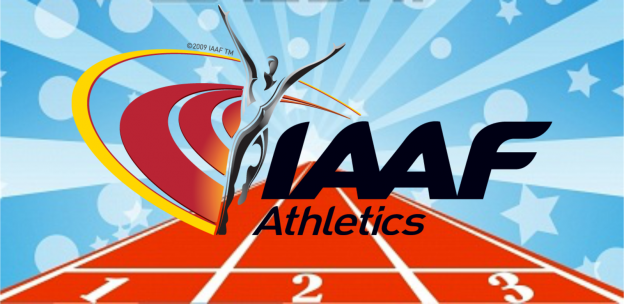It could be the biggest steroid scandal in the history of track and field. Or it could merely be a sensationalistic non-story promoted by a group of anti-doping crusaders with an agenda. The Sunday Times of London and the German broadcaster ARD have released a documentary that accuses the international governing body for the sport of athletics of leading a massive cover up of rampant doping (at worst) or at least turning a blind eye to extensive evidence of doping (at best).
The International Association of Athletics Federations (IAAF) has been on the hot seat since the documentary was broadcast on ARD along with the accompanying expose in The Sunday Times newspaper. The allegations were based on an analysis of some 12,000 blood tests from 5,000 athletes leaked from the IAAF database. The data involved elite athletes tested at the IAAF International Championships and the Summer Olympic Games between 2001 and 2012.
Anti-doping experts Michael Ashenden and Robin Parisotto were asked to review the results and provided their expert interpretation of the data.
“Never have I seen such an alarmingly abnormal set of blood values,” said Parisotto. “So many athletes appear to have doped with impunity, and it is damning that the IAAF appears to have idly sat by and let this happen.”
Specifically, Ashenden and Parisotto claimed that as many as one third of gold, silver and bronze medals won between 2001 and the 2012 Olympics may have used anabolic steroids or some other performance-enhancing drugs (PEDs) based on samples they deemed “suspicious”. The specific numbers involved 146 medalists including 55 gold medals. The researchers criticized the IAAF for not catching any of them either due to turning a blind eye or a willful coverup.
Since the leaked data involved primarily endurance athletes competing in events from the 800-meters to the marathon, it is more likely that the nature of the doping involved drugs like erythropoietin (EPO) and/or prohibited performance-enhancing techniques like blood transfusions rather than anabolic steroids.
The International Association of Athletic Federations (IAAF) criticized The Sunday Times and the ARD for the theft of confidential medical records from its Swiss datacenter. It further emphasized that even if the results appeared suspicious, further analyses confirmed that the results failed to meet the criteria established by the World Anti-Doping Agency (WADA) in order to confirm an adverse analytical positive. In other words, all the athletes with suspicious test results passed the WADA gold standard with flying colors.
IAAF said the allegations were “confusing” and sensationalistic. The results proved that the IAAF was satisfactorily performing its job in accordance with the WADA Code or other anti-doping testing criteria in use at the time.
“The published allegations were sensationalist and confusing: the results referred to were not positive tests,” IAAF said in a statement. “In fact, ARD and The Sunday Times both admit that their evaluation of the data did not prove doping.”
While the documentary and the researchers involved were quick to allege rampant doping, the truth is that none of the results conclusively proved doping at all.

